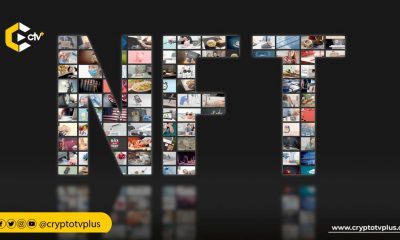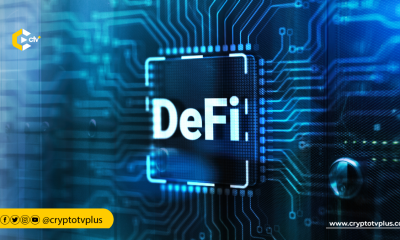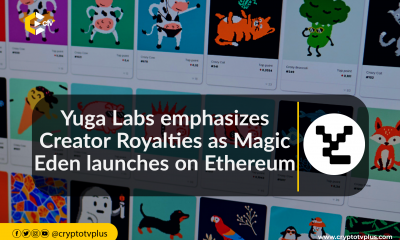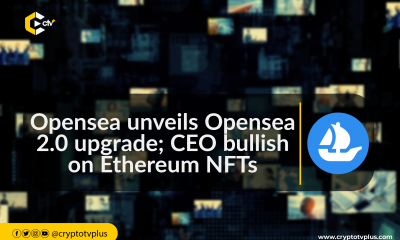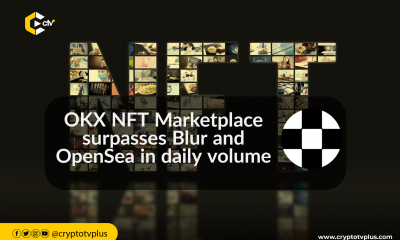FEATURED
The promising future of NFT Ticketing: lessons from the WEF
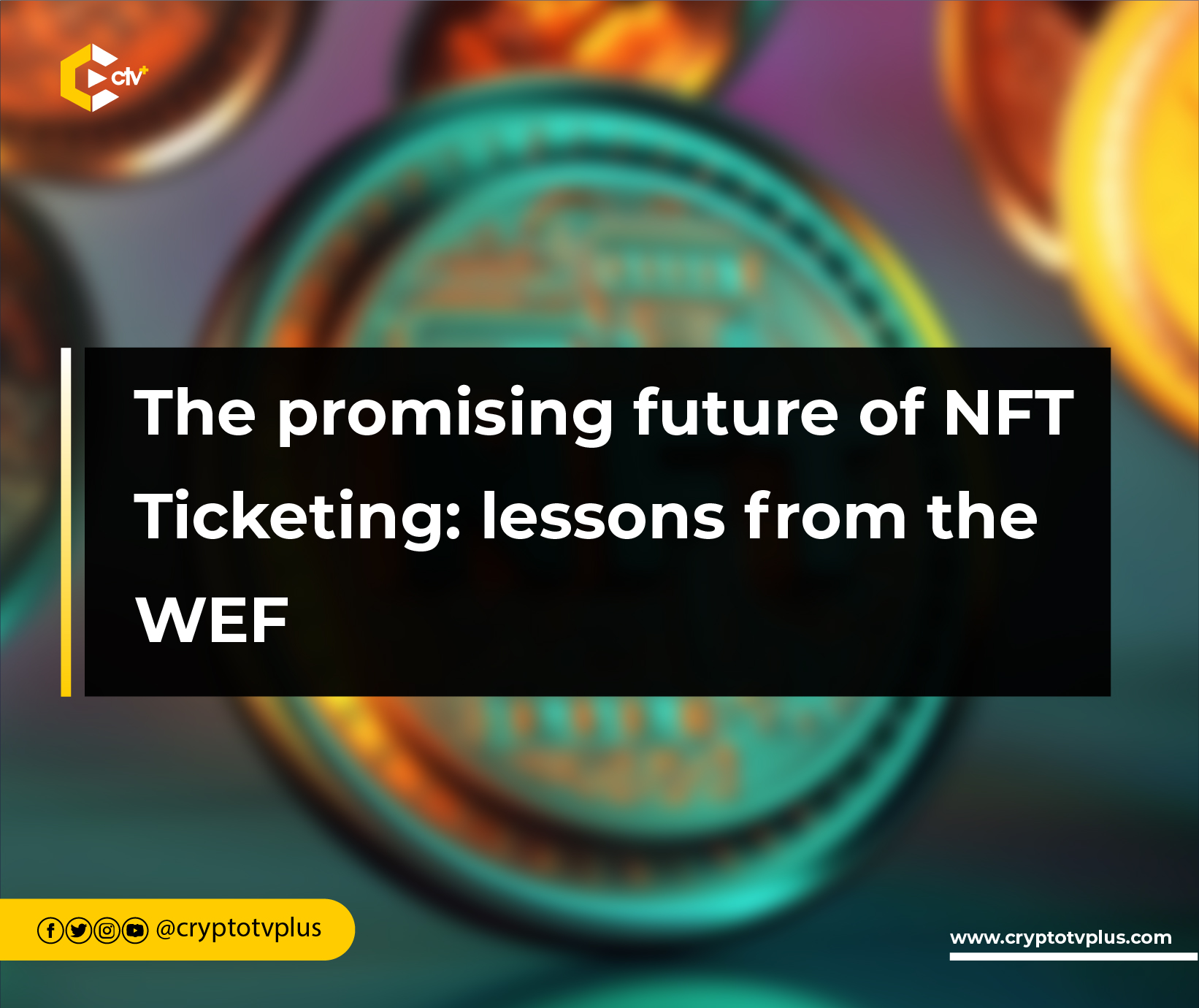
Is there a future for NFTs as their average price dropped 92%, from $3,894 in 2022 to $293 in 2023, despite previous high trading volumes between August 2021 to April 2022?
Furthermore, are there genuine practical applications for NFTs beyond the typical speculative transactions in the crypto realm?
The World Economic Forum believes that NFTs still hold practical value, especially in the context of ticketing. Event ticketing is undergoing a significant change, thanks to the integration of Non-Fungible Tokens (NFTs), which are creating fresh and exciting experiences for fans and customers.
In a report prepared by the World Economic Forum (WEF), it was noted that the use of NFTs for ticketing is replacing traditional systems because it offers an enhanced experience in ways such as transparency, fraud protection, and resistance against ticket scalping.
It cited an example of how Ticketmaster minted around 15 million digital collectibles for access to events, including NFL games; and how VIP Access was created between Coinbase and the Governors Ball Music Festival in New York.
NFTs have also unlocked opportunities for royalties and novel revenue streams, particularly through regulated secondary markets. For example, organizers can earn royalties from secondary market sales due to the traceability and prevention of ticket duplication.
Companies such as GET Protocol are pioneering decentralized crowdfunding models that enable ticket sellers or creators to pre-fund events. Fans gain voting privileges, influence ticket pricing, and can even benefit from resale profits.
The WEF observed that these developments signify a fresh start in how Non-Fungible Tokens can be applied. However, it provided some valuable feedback that should be considered as lessons learned from NFT usage in the ticketing industry.
Enhanced security
NFTs on the blockchain offer a secure and transparent way of managing tickets. Ownership and customer details are recorded, eliminating duplication and fraud.
Smart contracts further regulate ticket functions. “With smart contracts, tickets can be programmed to automatically include or stop certain actions, such as transferring ownership or including royalties,” it said.
Safer liquidity
The WEF also emphasizes that NFT tickets stored on the blockchain offer a secure means of resale in the secondary market. What makes this advantageous?
“Blockchain permits rules on accessibility and transferability to be included in the ticket, which provides a secure and flexible approach to the purchase and resale of event tickets.”
New revenue streams
NFT ticketing opens up avenues for event organizers to create exclusive, limited-edition tickets with premium prices and royalties for event organizers or content creators. This reduces price volatility.
Just as mentioned earlier, “NFT tickets can include royalties for the event organizers or the content creators, bringing a new source of revenue from the sales on the secondary market.”
Read also; NFTs in retail: use cases and lessons learned



